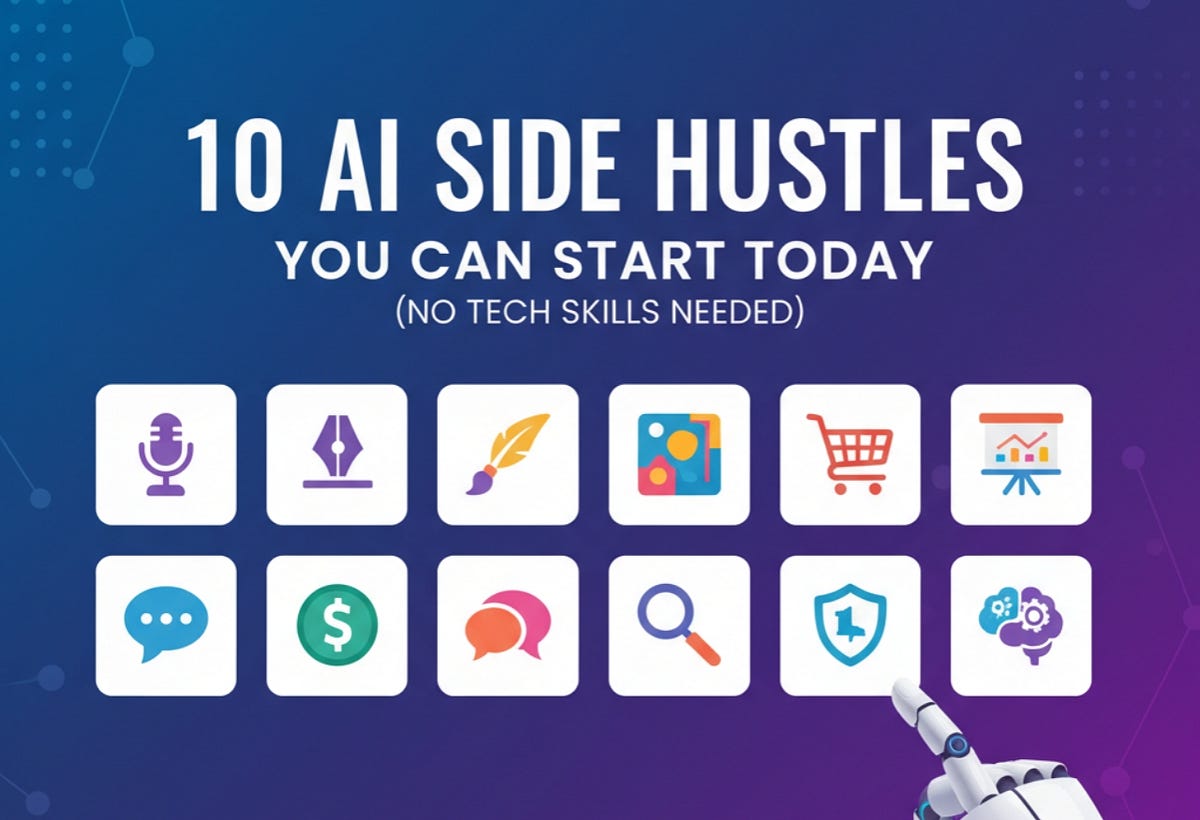
California’s Landmark AI Safety Bill SB 53: A New Era for AI Regulation
On September 30, 2025, California Governor Gavin Newsom signed SB 53, a groundbreaking AI safety bill that positions California as a national leader in regulating artificial intelligence. This first-in-the-nation legislation introduces stringent transparency requirements for large AI companies and sets a precedent for balancing innovation with public safety. Here’s everything you need to know about SB 53, its implications, and what it means for the future of AI regulation.
What is SB 53?
SB 53, authored by Senator Scott Wiener, mandates that major AI labs—such as OpenAI, Anthropic, Meta, and Google DeepMind—adhere to new transparency standards regarding their safety protocols. Passed by the California state legislature two weeks ago, the bill focuses on ensuring accountability and safeguarding the public from potential AI-related risks.
Key Provisions of SB 53
- Transparency in Safety Protocols: Large AI companies must publicly disclose their safety measures to ensure their models operate responsibly.
- Whistleblower Protections: Employees at AI firms are granted protections to report safety concerns without fear of retaliation.
- Incident Reporting Mechanism: AI companies and the public can report critical safety incidents, such as cyberattacks or deceptive AI behavior, to California’s Office of Emergency Services. This includes incidents not covered under the EU AI Act, like crimes committed without human oversight.
- Accountability for AI Risks: The bill addresses potential harms from AI, including deceptive outputs and autonomous actions that could lead to harm.
Industry Reactions: Support and Opposition
The AI industry has shown a divided response to SB 53. While Anthropic endorsed the bill, praising its focus on safety and transparency, tech giants like Meta and OpenAI actively lobbied against it. OpenAI even published an open letter urging Governor Newsom to veto the bill, arguing it could stifle innovation. Many tech firms warn that state-level regulations like SB 53 could create a fragmented regulatory landscape, complicating compliance and hindering AI development.
Despite this pushback, Governor Newsom emphasized the bill’s balanced approach, stating, “California has proven that we can establish regulations to protect our communities while also ensuring that the growing AI industry continues to thrive.”
The Broader Context: AI Regulation and Political Influence
SB 53 comes at a time when AI regulation is a hot topic nationwide. Some Silicon Valley leaders have invested heavily in super PACs to support candidates advocating for minimal AI regulation. Both OpenAI and Meta have recently launched pro-AI super PACs to back legislation and candidates that align with a light-touch regulatory approach.
Meanwhile, other states are watching California closely. New York, for instance, has passed a similar AI safety bill, which awaits Governor Kathy Hochul’s decision. California’s leadership in this space could inspire other states to adopt comparable measures to address the risks of rapidly advancing AI technologies.
A Second Attempt at AI Safety: From SB 1047 to SB 53
SB 53 marks Senator Wiener’s second effort to regulate AI safety after Governor Newsom vetoed the broader SB 1047 in 2024 amid significant industry opposition. Learning from that experience, Wiener collaborated with AI companies to refine SB 53, making it more palatable while maintaining its core focus on safety and accountability.
What’s Next? SB 243 and the Future of AI Regulation
In addition to SB 53, Governor Newsom is considering SB 243, another AI-related bill with bipartisan support. This legislation targets AI companion chatbots, requiring operators to implement safety protocols and holding them legally accountable for non-compliance. As AI continues to permeate everyday life, California’s proactive stance could shape national and even global standards for AI governance.
Why SB 53 Matters
SB 53 is a pivotal step in addressing the challenges posed by powerful AI systems. By prioritizing transparency, whistleblower protections, and incident reporting, the bill aims to build public trust in AI while allowing innovation to flourish. As Governor Newsom noted, “AI is the new frontier in innovation, and California is not only here for it — but stands strong as a national leader.”
Key Takeaways
- California Leads the Way: SB 53 establishes California as a pioneer in AI safety regulation.
- Balancing Innovation and Safety: The bill seeks to protect the public while supporting AI industry growth.
- National Influence: Other states, like New York, may follow California’s lead in regulating AI.
- Industry Divide: While some companies support SB 53, others fear it could hinder innovation.
As AI continues to evolve, SB 53 represents a critical effort to ensure this transformative technology develops responsibly. Stay tuned for updates on how this legislation shapes the future of AI in California and beyond.
Interested in learning more about AI regulation or California’s role in tech innovation? Share your thoughts below or explore related topics on our blog!



